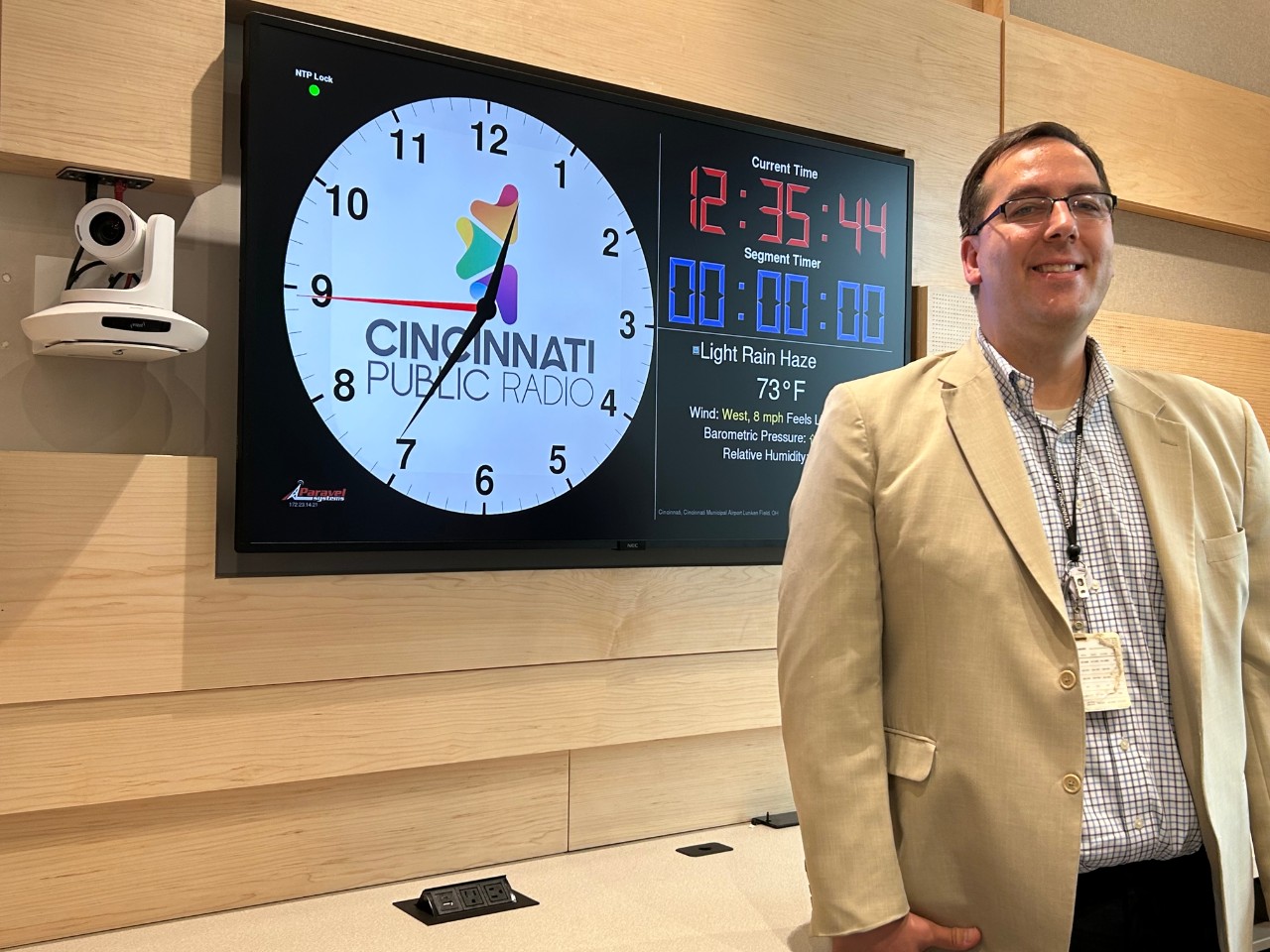
Ohio medical regulators raise concerns over retail IV therapy clinics
UC liver transplant expert spoke on Cincinnati Edition
On May 15, the State Medical Board of Ohio, Ohio Board of Pharmacy and Ohio Board of Nursing issued a joint regulatory statement addressing patient safety concerns when it comes to retail IV therapy clinics. The clinics administer a combination of saline, vitamins, electrolytes and amino acids, as well as headache relief and anti-nausea medications through an intravenous drip. Clinics in the Cincinnati area have made claims that their treatments can cure hangovers and dehydration better than water alone, while also boosting immunity, improving gut health and maintaining healthy joints.
On Cincinnati Edition on 91.7 WVXU News, experts including the University of Cincinnati's Michael (Mick) Schoech, MD, talked about the risks associated with retail IV hydration and if these services offer effective solutions to the health concerns they target.
Schoech is an associate professor in the Division of Digestive Diseases in the Department of Internal Medicine in the UC College of Medicine and director of UC Health's transplant hepatology program.
"Typically, with a hangover, you're getting symptoms as your blood alcohol level nears zero, so headache, fatigue, nausea, anxiety, sensitivity to light and sound, poor concentration," said Schoech. "So, IV fluids are really treating only one part of the problem that is the dehydration associated with it, and it's not going to speed up the process of recovering from a hangover. Really it's time, rest and rehydrating, and IV fluids aren't typically going to counteract those effects."
Schoech went on to say that typically rehydrating with water is a more cost-effective way to treat a hangover.
"There is no evidence to support that IV hydration for minor flu-like symptoms, jet lag and hangovers has any benefit to the person or kind of speeding up the recovery from either or those conditions," he said.
"It's really about drinking in moderation," said Schoech. "And there's really no easy, quick fix that's going to undue the effects of alcohol."
Listen as Schoech described possible risks involved with getting an IV.
Featured image at top: Michael (Mick) Schoech, MD, inside the WVXU studios. Photo/Megan Burgasser/UC Media Relations + Content.
Related Stories
UC professor curates Little Women exhibition to accompany Playhouse in the Park production
February 16, 2026
The exhibition traces how artists shaped the visual legacy of Alcott’s beloved novel.
Dark Energy Survey sheds light on expansion of universe
February 13, 2026
Astronomy talks to University of Cincinnati physicist Jessica Muir about an international project examining dark energy. The project could help explain why the universe is expanding at an accelerating rate.
How sports gambling is changing the game
February 13, 2026
Fantasy sports and the wager on which team will win a game are nothing new. But with sports gambling apps making it practically effortless for people to wager on just about any aspect of a match, gambling’s popularity is changing the game. The Journal-News turned to Mike Fry, professor of operations, business analytics and information systems at the University of Cincinnati’s Lindner College of Business to break down the rise and the risks of sports betting.
